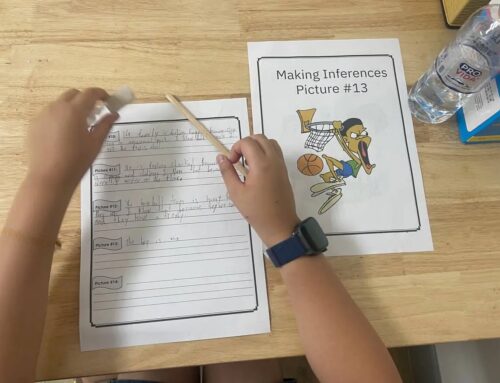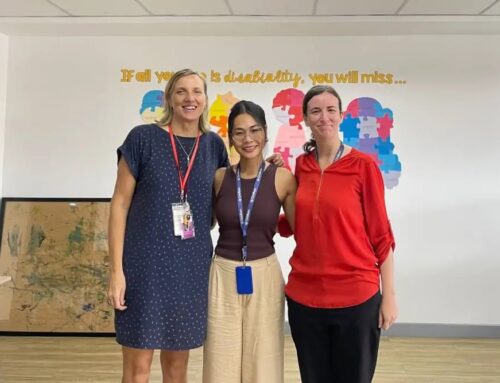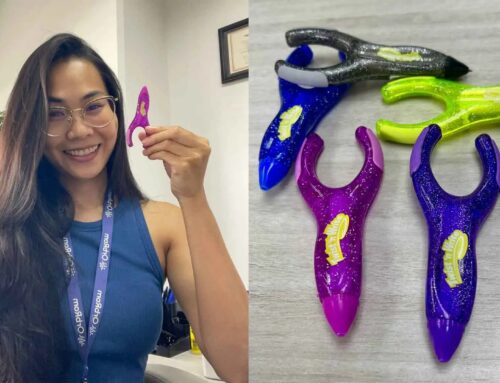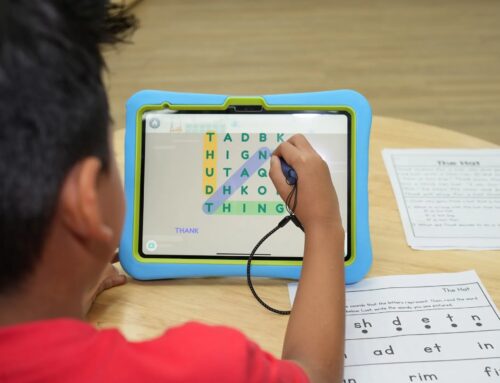[ad_1]
Medical visits, vaccinations, and health check-ups can be stressful experiences for any child—but especially so for children with special needs. For those with autism, ADHD, sensory processing disorder, or anxiety, the unfamiliar environment, new faces, and physical sensations can be overwhelming.
At OrbRom Center in Phnom Penh, we understand that medical routines are part of life. That’s why we work with families to prepare children ahead of time, using therapeutic strategies to reduce fear and build resilience. With the right support, children with special needs can approach medical procedures with confidence, not fear.
Why Medical Visits Are Challenging for Neurodivergent Children
Many special needs children experience heightened sensitivity to:
-
Touch and pressure, such as when receiving an injection
-
Bright lights or new smells, like those in clinics
-
Unexpected routines or changes in schedule
-
Fear of pain or misunderstanding of what’s happening
-
Verbal challenges, which make it difficult to ask questions or express discomfort
Without preparation and support, these factors can lead to meltdowns, refusal, or trauma that affects future appointments.
How OrbRom Center Prepares Children for Medical Routines
We believe in proactive support that builds trust and predictability. At OrbRom Center in Phnom Penh, our therapy and education teams incorporate medical preparation into sessions when needed. This includes:
-
Social stories and visuals that show step-by-step what will happen at the clinic
-
Role-playing with toy syringes or stethoscopes to familiarize children with tools
-
Desensitization exercises, starting with light touch and progressing gradually
-
Teaching calming strategies like deep breathing, squeezing stress balls, or using weighted sensory blankets
-
Reinforcement systems where children earn small rewards for cooperative behavior
We personalize our approach based on each child’s sensory profile, communication ability, and emotional readiness.
Supporting Sensory Regulation During and After Medical Procedures
One of the most effective ways to help a child remain calm during or after a medical visit is by addressing sensory regulation. Many children benefit from:
-
Noise-reducing environments, supported by noise cancelling headphones
-
Pressure-based calming tools like sensory rocking chairs to release tension
-
Verbal scripts or visual aids to guide them through each step
-
Post-visit recovery time in a quiet space with familiar comfort objects
At OrbRom, we coach both children and parents to prepare for and decompress from medical events in a way that protects emotional well-being.
Practical Tips for Parents in Phnom Penh
Families can begin preparing their children for vaccinations or doctor visits days or even weeks ahead. Here’s how:
-
Talk about the visit using clear, simple language: “We’re going to see the doctor to help keep your body strong.”
-
Use pictures, books, or videos to explain procedures visually
-
Bring comfort items (a stuffed toy, a favorite book)
-
Let the child choose something, like the color of their shirt or what music they’ll listen to
-
Use a reward system: “After we finish, we’ll go get your favorite snack.”
These strategies empower children and reduce resistance by giving them some control over the experience.
Health, Inclusion, and Empowerment in Phnom Penh
Inclusion in education must be matched by inclusion in health care. That means recognizing the unique needs of neurodivergent children when they visit doctors, dentists, or hospitals. Through early preparation and consistent routines, we can help children feel proud—like heroes for completing something brave.
At OrbRom Center, our mission is to support the whole child—including their health experiences. We are proud to guide families in Phnom Penh through these moments with patience, compassion, and proven strategies.
To learn more about our individualized programs for emotional and sensory regulation, explore our Special Needs Intensive Intervention.
[ad_2]
Source link






